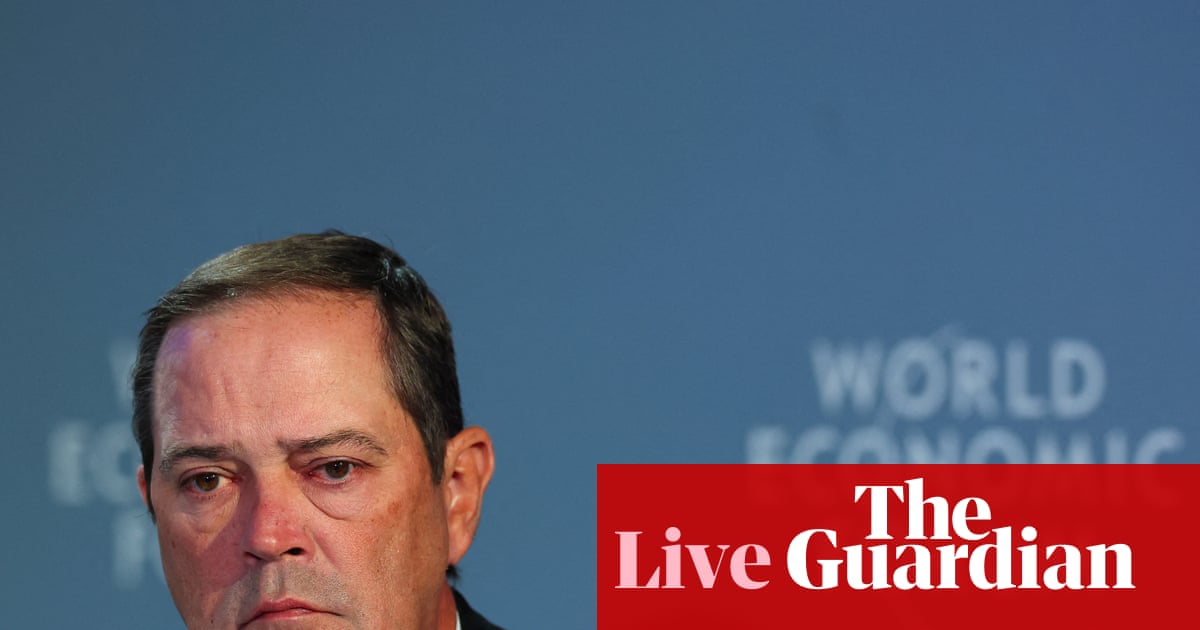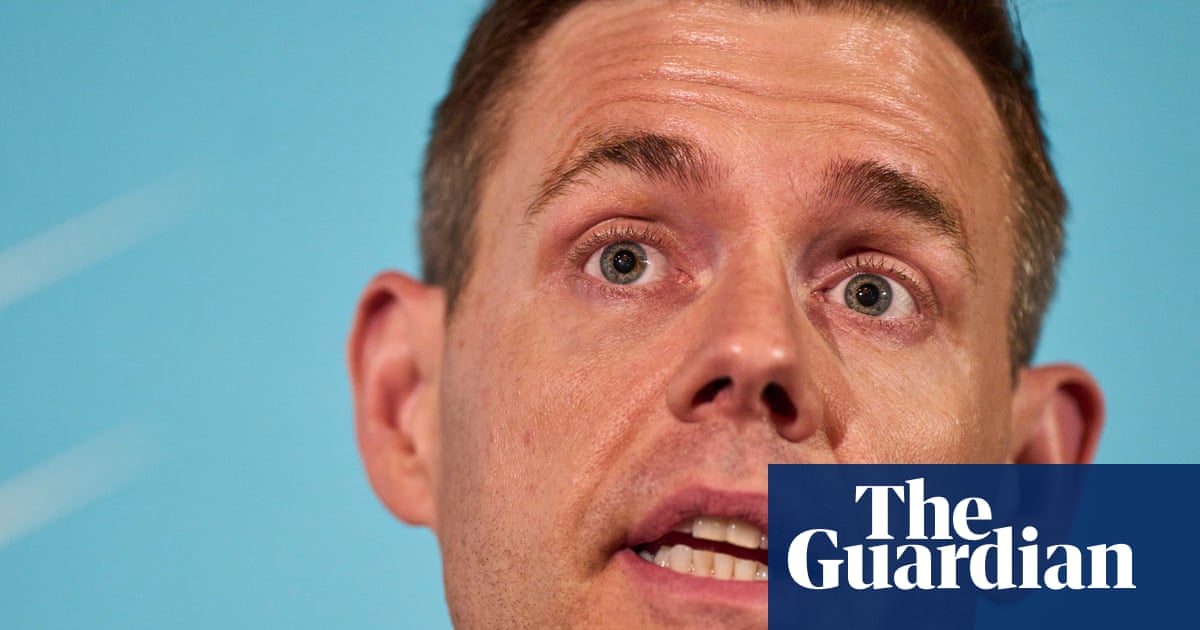So much about the UK jobs market is influenced by Rachel Reeves. Without overdoing the blame, say many experts, the chancellor’s tough budget last year and the likelihood of a repeat next month hangs over employers and how they recruit and pay staff.
The latest official figures show a rising number of young people out of work in the three months to August. More broadly, unemployment rose to a four-year high and the number of vacancies fell. And then there was the stubborn increase in the public sector wage bill, which outpaced the much more modest increase in private sector wages.
Reeves can be held to account for the increasing cost of employment after the hit to employer national insurance and jump in the national living wage that were signalled at the budget last year and implemented in April.
Joe Nellis, an economics professor and adviser to the accountants MHA, said the impact was being felt mainly by young people, both graduates and non-graduates, who were most affected by the lack of vacancies.
Some experts have blamed a greater reliance by employers on artificial intelligence to carry out the work usually performed by new recruits. But Nellis said employers were simply too scared to take a chance on younger people when minimum wages and taxes were much higher than last year.
Employers have singled out the large cut in the threshold for paying national insurance for their reluctance to hire new staff as much as they blame the almost 2p increase in the rate to 15%.
It meant many part-time workers were for the first time caught by national insurance. Part-time work is often the entry point for younger staff, but that avenue is now closed to many.
Public sector pay rises remain a disproportionate factor in the pay figures after the bumper rises to health and education workers last year. That was an attempt to clear the decks by Labour and appears to have largely succeeded. After rescuing much of the public sector after years of suppressed wages under the last Conservative government, protests about it not being enough have subsided.
It means August’s wage rises are likely to be a blip for both the public and private sector. Sanjay Raja, a UK economist at Deutsche Bank, said: “Wage bargaining power has softened. And private sector pay settlements should land comfortably around 3% next year.”
The prospect of further pain in next month’s budget also hangs over the labour market. While public sector organisations know what funds they will receive over the next three years after a settlement with the Treasury, private sector employers are waiting to see how their prospects might change should extra taxes apply to them.
Reeves has made it clear that the Treasury will need to find extra income and businesses are understandably wary they will be tapped again.
after newsletter promotion
Jack Kennedy, a senior economist at the online recruiter Indeed, said: “With employer confidence still somewhat fragile, the labour market seems unlikely to shake off its stagnancy soon.”
The Office for National Statistics said the data indicated that the weakness in the labour market was bottoming out.
That is most likely driven by larger companies, which have shrugged off Donald Trump’s US tariffs for now, have adjusted more quickly to the last budget, and are feeling confident they will escape a repeat in November.
Still, small and medium-sized firms are feeling the pain and will probably continue to be reluctant employers of new and younger staff until they can see through the fog of government policy.

 3 months ago
54
3 months ago
54

















































